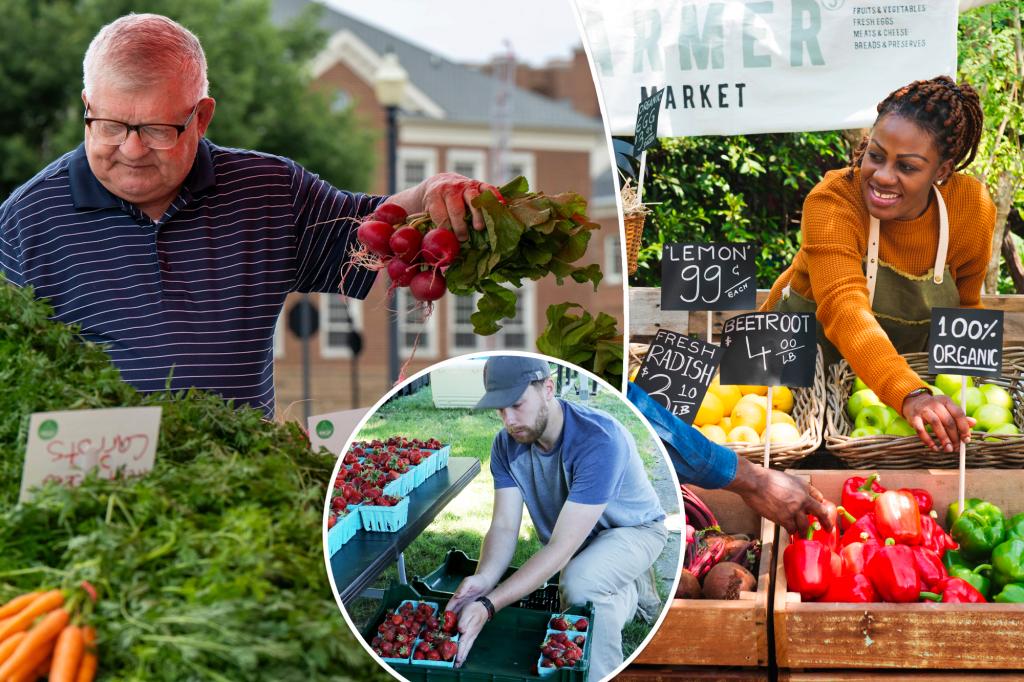Even though farmers markets are a great place to buy fresh produce, they can also pose a risk of food poisoning. According to estimates from the Centers for Disease Control and Prevention, 48 million people in the US fall ill from foodborne diseases each year, with the majority of cases occurring in the summer due to the warm, moist environment. While there are regulations in place at the state level and guidelines from the US Department of Agriculture to ensure food safety at farmers markets, problems can still arise.
Research has shown that there have been major foodborne illness outbreaks and recalls associated with food from farmers markets in the past. Inadequate hand washing, personal hygiene, and contamination prevention techniques have been identified as contributing factors to the spread of foodborne illness at farmers markets. With over 7,000 registered farmers markets across the country, it is important for consumers to be aware of how to avoid food poisoning while shopping at these locations.
One tip to avoid food poisoning at farmers markets is to watch for red flags, such as imported items that may not be as fresh or adapted to the current climate. It is also important to pay attention to vendor hygiene, ensuring that raw meat doesn’t touch fresh produce and that hands and clothes are clean. Another key point to consider is temperature control, especially when purchasing hot or cold foods. Food that should be kept cold, such as meat, seafood, milk, and cheese, should be stored properly to prevent bacterial growth.
Pasteurization is another important factor to consider when buying milk or juice at farmers markets. Pasteurized milk is safer than raw milk, as the heat treatment process kills harmful bacteria, yeasts, and molds. It is essential to read labels or ask the farmer to determine if the milk or juice is pasteurized. Additionally, it is important to ask questions about the produce being sold at farmers markets to ensure that it is grown safely.
It is recommended to scrub produce even if you plan to peel it before eating, keep cold items at 40 degrees Fahrenheit or below, and hot foods at 140 degrees Fahrenheit or above. Fruits should be examined for bruises or insect holes that can harbor bacteria, and refrigerated within two hours of cutting or peeling. It is also advised to wash reusable tote bags regularly to prevent cross-contamination. By following these guidelines, consumers can reduce the risk of food poisoning while enjoying the fresh, locally grown products available at farmers markets.















